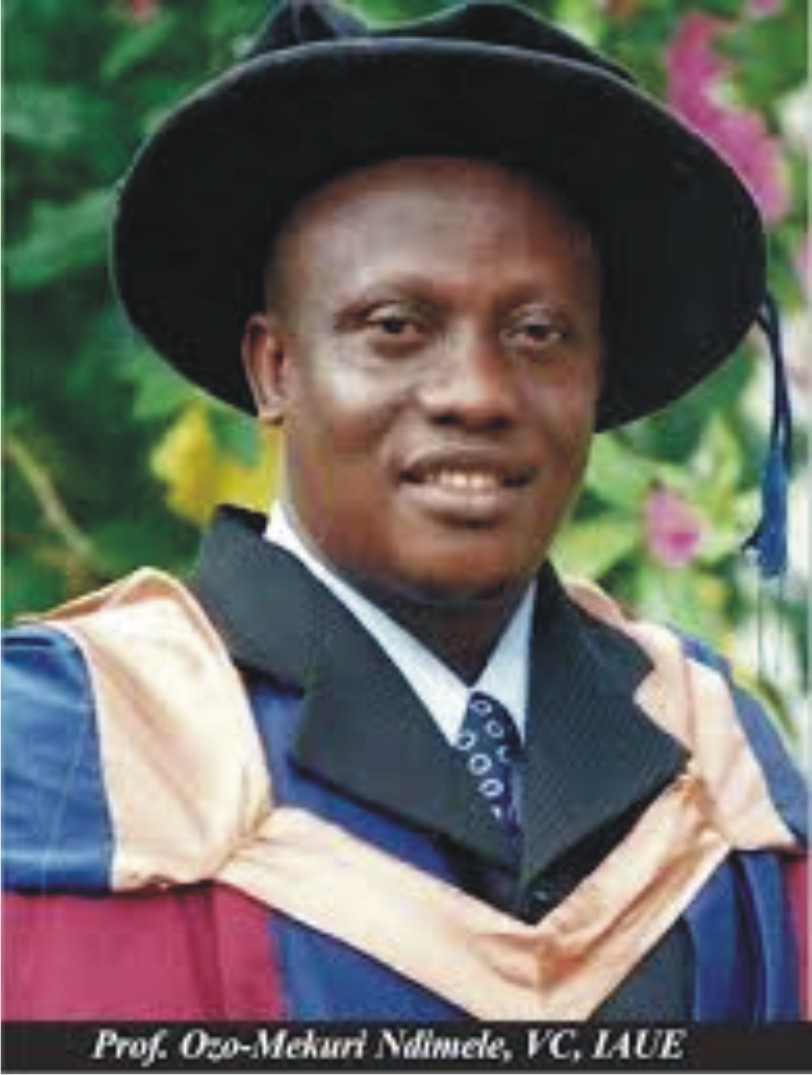Rising cases of diabetes, Alzheimer’s disease, and hemoglobin disorders have been linked to synthetic chemicals in the foods and fruits we eat. This is caused by excessive application of inorganic chemicals to increase food production.
Other disorders associated with intake of synthetic foods include heart diseases, birth defects, various kinds of human cancer, and neural tube defects during fetus development.
These findings were revealed by Professor Sixtus Anyanwu in his inaugural lecture at Ignatius Ajuru University of Education auditorium.
Titled “The Contemporary Trajectories for Increased Agricultural Productivity in Nigeria”, the lecturer revealed that with global population projected to hit 9 billion in 2050, there is increased application of inorganic fertilizers in order to cope with the anticipated demand for food.
He noted that most farmers in developing countries lack education, and are ignorant of the health implications of such practice, leading to worsening environmental and health hazards when these food items are consumed.
Professor Anyanwu explained that when nitrate exceeds 50mg/litre in drinking water over the years, it leads to gastric ulcer and Acquired Methemoglobinemia in infants.
He listed the environmental implications of the excessive use of inorganic chemicals as ground water and atmospheric pollution, increase in greenhouse gases, soil pollution, and reduction in agricultural yield.
According to him, arsenic cadmium, uranium and other heavy metals from chemical fertilizers buildup and pollute the soil, and become accumulated in fruits, food grains, and vegetables, thereby causing health hazards when consumed by humans.
The lecture also disclosed that a 2015 FAO, IFAD, and WFP report indicated that about 232 million people in Africa are undernourished, a figure higher than other regions of the developing world.
The only solution to this challenge, he said, is to develop credible and environmentally sustainable alternatives through cost-effective fertilization devoid of excessive application of chemicals that have negative consequences on the environment.
Professor Anyanwu also called on governments and their agencies, and relevant stakeholders to find other means of increasing food security through the production of healthier foods from healthy soil and environment.
Emphasising that Agriculture should be a key component of growth and development in sub-Saharan Africa because of its contribution to the economy and dependence by almost all rural households, he however, advised that strategies to increase food production must align with food safety and sustainability, including public health.
He suggested improvements in crop husbandry, better plant configuration, better soil fertility management, and rational crop selection as ways to raise agricultural productivity. Others include use of organic manure, bio-fertilizers and bio-pesticides.
Therefore, the Agricultural Economist submitted that organic agriculture would increase a healthy natural environment and ecosystem for present and future generation, as well as recycling wastes useful in agricultural productivity in line with the waste to wealth initiative strategic for poverty alleviation and sustainable development.
Meanwhile, the Vice Chancellor, Professor Ozo-Mekuri Ndimele cautioned the audience to be mindful of what they eat following the revelation that good proportion of the foods and fruits we eat have some components of inorganic chemicals.
Represented by the Dean, Faculty of Education, Professor Vincent Asuru, the VC eulogized the inaugural lecturer for demonstrating excellence, scholarship, and in-depth research.
In the same vein, the Registrar, Mrs Hope Kue-Ikoro, who noted that an inaugural lecture is a time a professor tells the world what he has being doing, as well as contributions to learning, and how to make the society better, affirmed that Professor Anyanwu gave good justification of all he has being doing.

